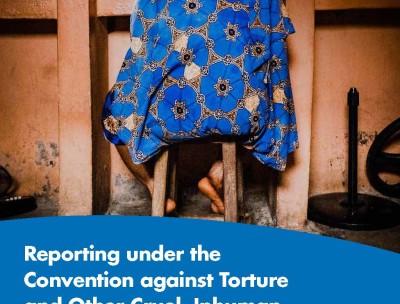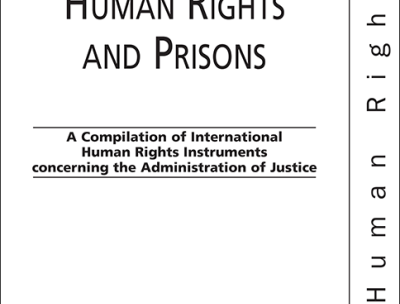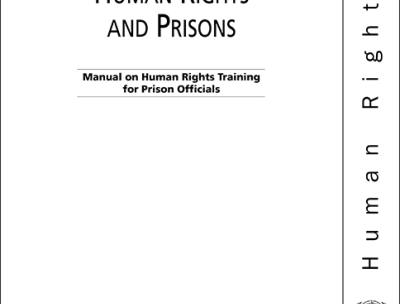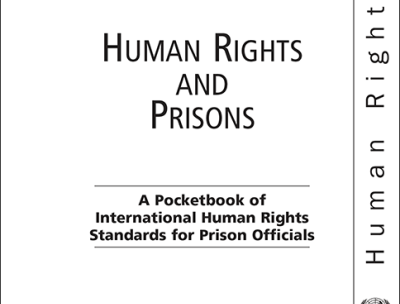OHCHR and detention
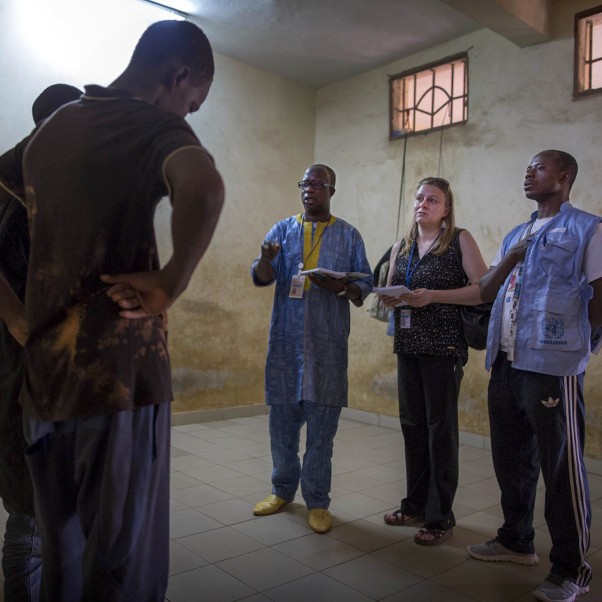
“
Now, more than ever, governments should release every person detained without sufficient legal basis, including political prisoners and others detained simply for expressing critical or dissenting views.
“
Michelle Bachelet, UN High Commissioner for Human Rights: ‘Urgent action needed to prevent COVID-19 “rampaging through places of detention”’, Geneva, 25 March 2020.
About detention
Everyone has the right to liberty of person. International human rights law recognizes, however, that deprivation of liberty is sometimes justified, such as in the enforcement of criminal laws. In these circumstances, detention can never be arbitrary and must always be carried out with respect for the rule of law. As affirmed by the Human Rights Council in its resolution 24/12 , detainees retain all of their human rights and fundamental freedoms, except for those lawful limitations that are caused by being incarcerated.
Arbitrary detention exposes the victim to the possibility of further violations, including torture or other cruel, inhuman and degrading treatment or punishment; enforced and involuntary disappearances; and extrajudicial execution.
Thousands of persons are subjected to arbitrary detention each year. This may be because:
- they have been punished for exercising one of their fundamental rights under the Declaration of Human Rights and human rights treaties, such as the rights to freedom of opinion and expression, freedom of association, or to leave and enter one’s own country;
- they are arrested and detained without a warrant or held in pretrial detention without access to a lawyer;
- they remain in detention after the measure or punishment which was applied to them has ended;
- they are in administrative detention for seeking asylum and are not a present, direct and imperative threat;
- they have been detained for discriminatory reasons based on birth, national, ethnic or social origin, language, religion, economic condition, political or other opinion, gender, sexual orientation, disability or other status.
Our work on detention
We carry out a range of country-specific and regional activities, including:
- Providing support for judicial reform, including initiatives that incorporate international human rights norms and standards on detention into domestic legislation;
- Investigating allegations of arbitrary detention and other related detention violations, such as enforced disappearances;
- Advising and training law enforcement officials on international norms and standards on detention and human rights.
